In an interview with THISDAY, reproduced below with permission, Benjamin Ohiaeri, the chief medical officer of First Consultants Medical Centre, speaks on his traumatic experience following the Ebola outbreak caused by a patient at his hospital, Patrick Sawyer.
THISDAY: Take us through the events of July 20th, 2014. At what point did that day change for you personally and as a hospital?
Ohiaeri: Mr. Sawyer came into the hospital at about 9pm that Sunday. He had apparently just landed from an international flight when he was brought in feeling unwell. He gave his history as a recurrent malaria patient, needing to be taken care of quickly as he was on his way to Calabar to attend an ECOWAS convention. He was immediately examined by the physician in charge, and basic blood work was done. Initial results from the basic tests showed that he had malaria and all other blood work was within normal limits. So he was commenced on malaria treatment and he was admitted for intravenous re-hydration.
By the following day, Mr Sawyer’s condition had worsened. He was now vomiting and was suffering acute diarrhoea. He also started to show haemorrhagic symptoms. There was a little blood in his urine and some blood patches in his eyes which moved beyond what we ordinarily see in a malaria patient. With these symptoms, the chief physician, Dr. Stella Adadevoh, triggered what we call an Incident Committee. The Incident Committee is the highest organ of our hospital management, and included Dr Adadevoh and Dr Abaniwo in their time. Dr Adadevoh triggered a Committee because the patient was presenting a peculiar and extraordinary set of symptoms, over and above the ordinary. The Incident Committee thereafter met daily until the Hospital was closed down. Dr Adadevoh having determined that the patient was presenting more than malaria symptoms, had spent the previous 24hrs reading up on the symptoms presented, determined to uncover where it was pointing to.
Advertisement
Dr Adadevoh made a detailed presentation to the Incident Committee detailing her findings in respect of the patient and advising committee members on her research findings. Dr Adadevoh had really done her homework which made clear that this was not a case of malaria and that it was much more than that. We knew it was an infectious haemorrhagic disease but had not figured out which one. The patient had informed us, after being questioned, that he had come from Liberia. The only confusion came when he denied any contact with Ebola victims. Also he did not come on a direct flight from Liberia. He had flown from Monrovia through Accra, then Lome, before arriving in Lagos. So there was a little bit of confusion at first but we held on to the fact that he said he was from Liberia. At the end of the day we were convinced that our chief physician was leading us in the right direction. So the Incident Committee then decided that we were going to elicit more information from him, through her, and we were now going to embark on doing the appropriate tests for Ebola. Our initial tests for malaria were the best that we could really do at that point.
We also decided to notify the patient of our plans as best practice dictates, that the patient must be fully informed of issues relating to his diagnosis and treatment. Sawyer was therefore fully informed about our plans to investigate the nature of his ailment, and advised that in light of the seriousness of the prognosis, he would not be able to leave the hospital pending full investigation.The first part of our notification seemed to go down well. He did not seem particularly troubled that we would be investigating the nature of his ailment with a view to eliminating Ebola as a possibility. He did not seem at all worried, upset or surprised by the fact that we were talking about or investigating for Ebola. When, however, we informed him that he would not be able to leave the hospital while tests were conducted, he lost it.
What do you mean he lost it?
Advertisement
Sawyer got very angry and nasty. He yanked off the intravenous line and spilled his blood all over the room in a fit of rage. He told us that he had every intention of leaving immediately because he had an important role to play at the Calabar ECOWAS convention and that arrangements had been made for him to be in Calabar.
As a responsible medical institution, faced with a serious and potentially calamitous medical situation, we had decided that we would not permit Mr Sawyer to exit this facility. Whatever damage his presence portended would have to be limited to the Hospital. We decided that we could not take the chance of a potential Ebola sufferer moving freely and randomly within the unsuspecting Nigerian population. Whatever it took, Sawyer had to be kept here.
We however understood the associated legal risks and therefore summoned our lawyers to advise us on this unusual situation. Based on legal advice, we felt able to keep Sawyer from leaving the hospital.
At this point, Dr. Adadevoh, and indeed the rest of us, were disturbed that the man was not behaving in a manner that you would expect from a reasonable man. A reasonable man would flinch when he is informed that he is going to be tested for Ebola. A reasonable man would want to know why the suspicion and what his chances of survival are and how he is going to be treated. A reasonable man would not say “I must leave the hospital now!” This was very strange to us because being an articulate forty year diplomat we expected some measure of intelligent conversation on this dreaded disease So, we could not understand why he was so desperate and determined to leave the Hospital when we were clearly trying to investigate his situation and find the way to treat his condition.
Advertisement
As if Sawyer’s behaviour were not bad enough, we soon began to receive irate calls from the Liberian Ambassador, Al Hassan Koike, who had apparently been contacted by Sawyer. The Ambassador repeatedly badgered Dr Adadevoh, ordering that Sawyer be permitted to leave the hospital and telling her that we had no authority or right to keep him. All of Dr. Adadevoh’s attempts to explain the situation, and my subsequent attempts to intervene, were shrugged off. The only thing the ambassador wanted was for Sawyer to be released, otherwise we would face charges of ‘kidnapping’. The threats were ratcheted up to the extent that he accused us of threatening an international diplomatic row, the consequences of which, he insisted, we would sorely regret.
As a thoroughbred professional, Dr Adadevoh remained firm and clear headed. She was however intimidated by the threats of law suits and diplomatic rows, etc. The situation for her and the rest of us got progressively unbearable. We were all very concerned about the threats. We didn’t set out to be charged with kidnapping, didn’t want the hospital embroiled in a diplomatic row and did not like the risks that faced us in the event that our diagnosis proved wrong. ‘What if we are wrong with our diagnosis’, we wondered. Yet, we all knew Dr. Adadevoh. She is thorough, incisive, competent and compassionate. After 21 years of working with a person, you know them. We trusted her – We trusted her judgement. Here was one situation where the risks to us of getting it wrong was disproportionately insignificant to the risks to Nigerians if we unleashed an Ebola patient on an unsuspecting public. No one would be able to curtail the fallout.
I took the phone from Dr. Adadevoh and tried to advise Ambassador Al Hassan Koike about our position, to assure him about our regard for the fundamental rights of Mr Sawyer, and to advise him of the risks to Sawyer and the general public of failure to properly manage a potential Ebola situation. The ambassador was having none of it.
In the end, we decided to act as our conscience and professional responsibility dictated; in the overall public good. We leaned on the one superior legal provision that supersedes a patient’s right to leave a hospital of his free will, i.e., the obligation to act for the greater good of the public.
Advertisement
In the meantime, Dr. Abaniwo, of his own volition, went to try to convince Mr. Sawyer to calm down and give the hospital the chance to make him better. Dr. Abaniwo is a deeply religious man who would have felt convicted to speak to Mr Sawyer – to ensure that he was alright. Sawyer seemed to calm down a little, but he then did something terrible, which caused Dr Abaniwo to contract Ebola. He asked Dr Abaniwo to check his eyes because his eyes had been previously injected. It is through this singular act of kindness that Dr. Abaniwo contracted the disease. Sadly, it took the confirmation of Dr Abaniwo as Ebola carrier for the fullness of his encounter to Mr Sawyer to be told.
Having stood our ground that the man was not going to leave the hospital, the next challenge was where to do the tests. We got to work, allocating tasks and responsibilities: Dr Adadevoh to contacting Lagos State, Dr. Abaniwo to take care of internal hospital matters, I was to engage with international colleagues and institutions to find help.
Advertisement
3 comments
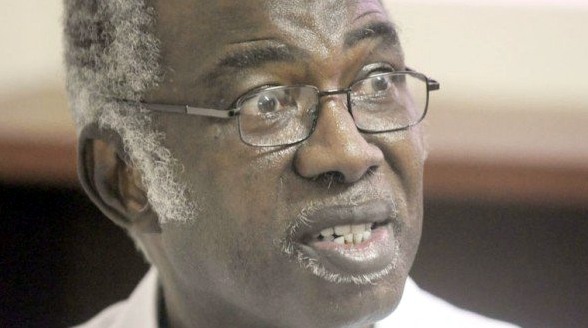
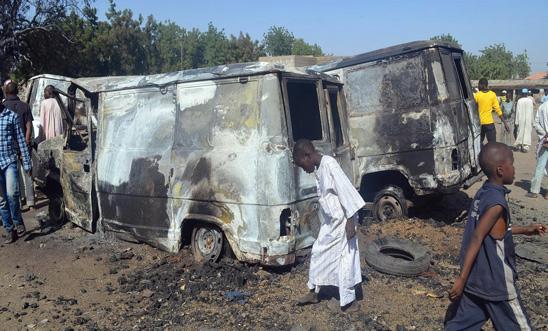
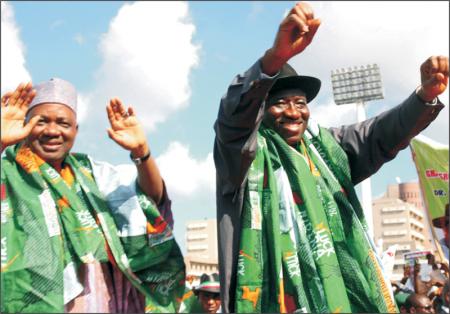
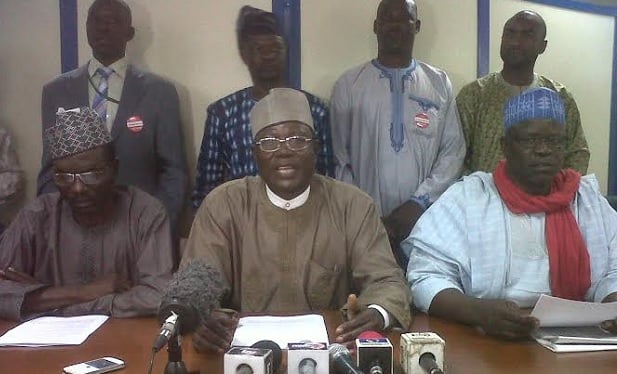
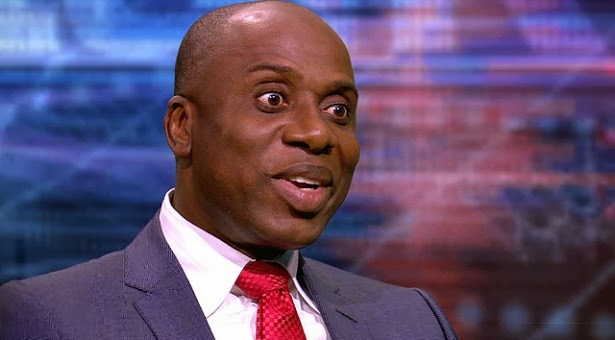
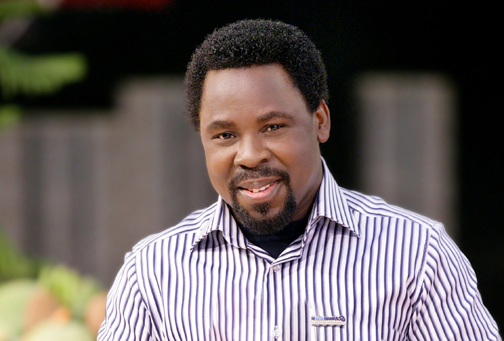
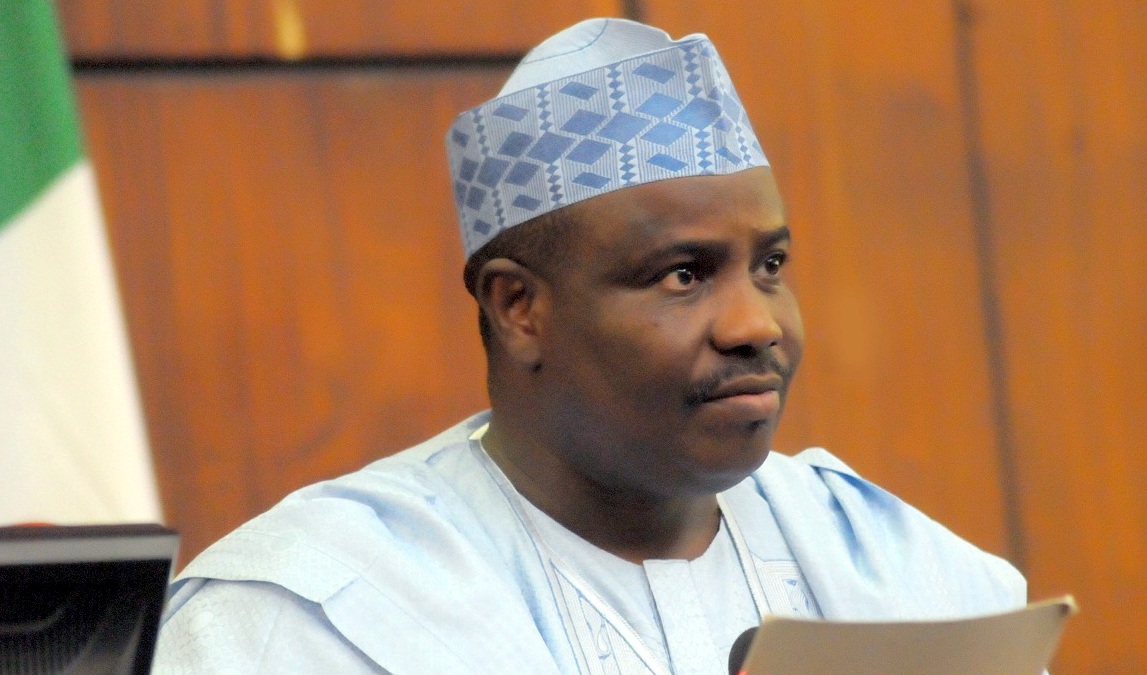
My deepest condolences to Dr Ohiaeri and FIRST CONSULTANTS for the irreparable losses they suffered on behalf of Nigeria. Indeed our nation owes them a debt of gratitude for their professionalism,courage and compassion in the handling of Patrick Sawyer and the Ebola Crisis.
We pray the Federal and State governments will do all that is needful to compensate them and involve them in meaningful discussions as we seek to prepare our nation for any such crisis that we all know can arise again.
My wife and I had a set of twins born at First Consultants over 14 years ago on the recommendation of friends,and know of no other hospital with a higher level of professionalism in patient care in this country. The hospital needs to be destigmatized and handled with compassion. Other hospitals are watching.
Great commendations for First Consultants Hospital. Great sadness for their loss – the heroine Dr. Adedavoh.
But, permit me to say that it is because they are very good, that how we were alerted to the danger that was with us.
God will adequately compensate them – family, hospital and all those who lost for the is losses forever.
Good job!
What a story! What a testament of love, selflessness and Excellence. A true picture of the Nigerian spirit if your ask me and not the lies told by international media usually. I doff my hat to the entire First Consultant Medical Centre team. My youths and I have already honored them with our “#Play4Change” project and we’ll continue to do all within our power to see they get the recognition, honor and reward they deserve. The hospital is actually the first one I’ve ever liked because of its exceptional cleanliness. Truly excellent!